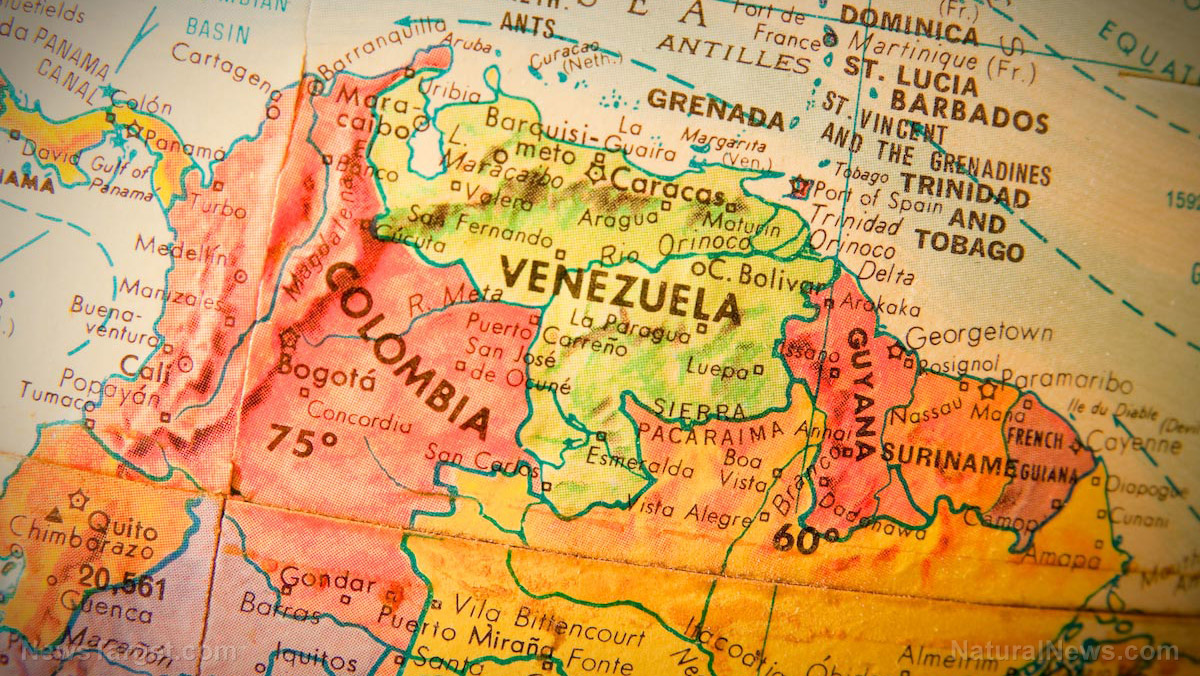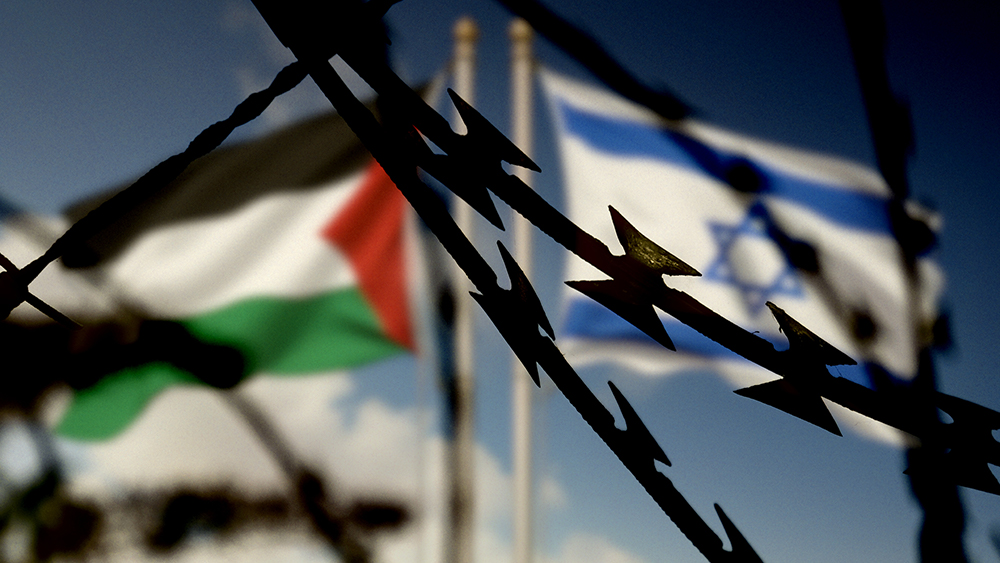
It was designed to let people purchase everyday items without having to carry around bundles of notes, given that the price of a loaf of bread has risen to 7 million old bolivars.
This currency conversion does nothing for inflation, as new currency notes can be printed just as cheaply as the old ones. The bolivar has now lost 73 percent of its value in 2021 alone, and the International Money Fund (IMF) estimates the annual inflation rate to reach around 5,500 percent by the end of the year.
Many Venezuelans have abandoned the bolivar as a medium of exchange. The U.S. dollars are the exchange medium of choice in Caracas and other large cities, while the Colombian peso dominates along the Colombian border, particularly in the regional city of San Cristobal. On the southern border with Brazil, the Brazilian real is becoming the currency of choice. Even the euro and cryptocurrencies have their niches in different parts of the country.
But what caught the attention of many is the use of gold flakes as currency in the remote region of southeastern Venezuela, around the towns of Tumeremo and El Callao.
The region is rich with precious metal ores and has a long history of luring prospectors and miners seeking fortune. However, many of the larger mines are controlled by the government military, who are fighting local gangs and guerillas. Jobless Venezuelans from different parts of the country are flooding in to work in the thriving illegal mines in exchange for payment in gold nuggets.
Gold flakes, which are peeled off nuggets with hand tools, have become the currency of choice in the region where prices for commodities and services are quoted in grams of gold. Half a gram could buy one a one-night stay in a local hotel, while a meal for two at a Chinese hotel can cost a quarter of a gram. (Related: Surviving economic collapse: How to prepare for hyperinflation.)
Bolivar notes used to wrap gold flakes
The gold flakes are usually carried around in people's pockets and wrapped in the nearly worthless old bolivar notes.
While some shops are equipped with scales to weigh the gold flakes, others evaluate by sight. A haircut could equal to three gold flakes, which is the equivalent of one-eighth gram price.
An owner of a small hotel in Tumeremo said he pays his staff in gold using flakes handed to him by customers. According to the hotel owner, about two-thirds of customers pay with gold. He also takes dollars and other foreign currencies. As for the bolivars, he can't say no by law so he takes them reluctantly and unloads them fast to avoid loss.
Gold is also beginning to penetrate nearby cities such as Ciudad Bolivar, where stores in shopping malls gladly accept the gold in exchange for dollars from miners who are looking to cash out.
However, for gold to become a full-blown currency that can compete with depreciating dollars and other foreign currencies, the raw nuggets need to be minted into convenient shapes and sizes, with their weight and fineness certified by reputable firms. Additionally, sales and capital gains taxes on gold must be abolished.
Most of the world has moved on from using gold as a medium of exchange more than a century ago. The fact that it is resurfacing in Venezuela today is an extreme manifestation of their rejection of the bolivar. The bolivar has been rendered almost worthless by hyperinflation.
Economist Luis Vicente Leon, the president of Caracas-based market research company Datanalisis, said that people have stopped trusting the bolivar as it no longer fulfills its function as a store of wealth, a means of accounting or a medium of exchange.
Only the poorest Venezuelans use the bolivar nowadays as they don't have easy access to dollars or other currencies. "People prefer any currency over the bolivar," said Leon.
Read more about the economic collapse of Venezuela at Bubble.news.
Sources include:
Please contact us for more information.




















